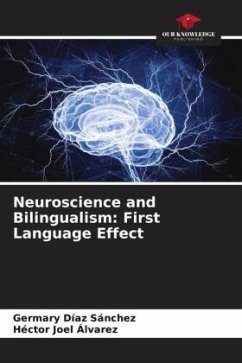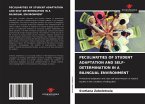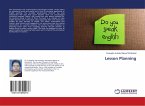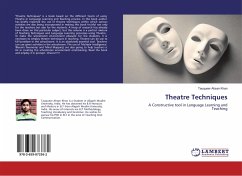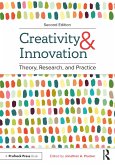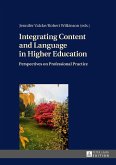From a neurobiological perspective, in this paper we address the effects of mother tongue on second language learning. Although there is research in different countries on this problem, few deal with the neurobiological approach, and even less when it comes to Spanish as a mother tongue. For the research, descriptive and experimental literature was collected in order to obtain the necessary data to achieve the objectives; a qualitative meta-analysis of the data obtained was carried out, using correlation tables. The data showed that the acquisition of a second language will always be mediated by the already established schemas of the first language and that there are neurobiological aspects that underlie some interference mechanisms and the acquisition of a second language. Furthermore, we found that the more similar the languages are, the more the underlying neural mechanisms facilitate transfer from one to the other.
Bitte wählen Sie Ihr Anliegen aus.
Rechnungen
Retourenschein anfordern
Bestellstatus
Storno

